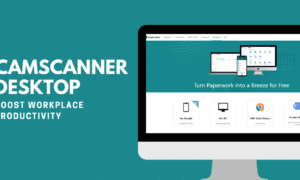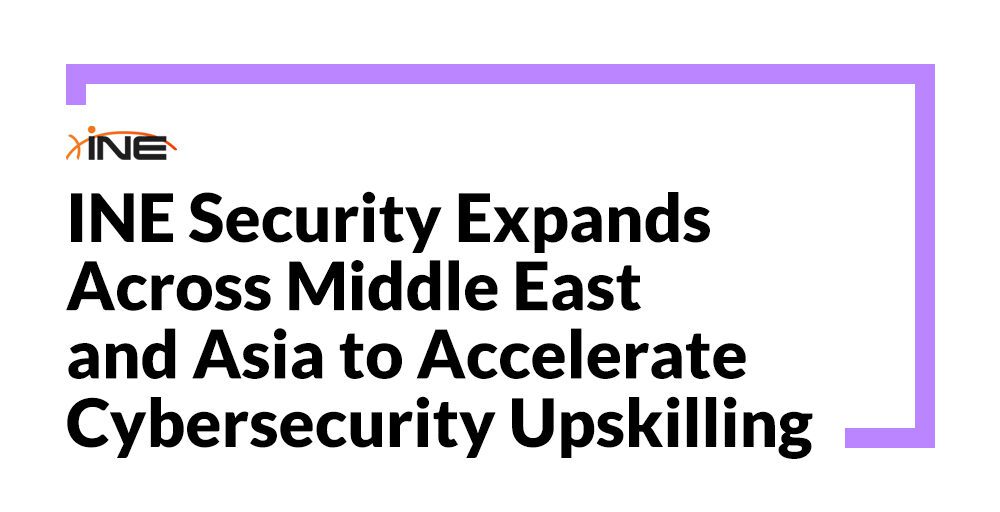As inflation is impacting the economy, many policyholders are observing the influence on their insurance premiums. From commercial to home to auto policies, rising costs are a major factor influencing rates in 2025. Understanding why this change happens and how your business can manage this is key. It will help in ensuring your insurance remains both affordable and effective.
What Is Inflation?
Inflation is the rate at which the prices of services and products increase over time. It reduces the purchasing power of money. For insurers, inflation results in higher costs for operations, claims, and other expenses.
How Does Inflation Impact the Insurance Market?
Inflation leads to higher costs of services and materials, which directly impact the cost to repair vehicles, replace equipment, and rebuild homes. For homeowners, the increasing rates of construction mean that their property coverage may need to be adjusted. It will help in reflecting the increased rates of rebuilding or repairs in the event of a loss. Likewise, auto insurance rates can increase as the cost of labour and parts increases, particularly with supply chain disruptions.
For small businesses, the impact of inflation can be observed in increased liability, property, and workers’ compensation premiums. Moreover, it can also be noticed in higher costs for supplies and materials. This can lead to higher premiums for business interruption coverage. It is particularly when the inflation results in longer recovery periods after disruption.
What Is Causing Insurance Premiums to Rise?
There are multiple factors that are causing insurance premiums to rise. Some of the most common ones are discussed below.
Rising Replacement and Repair Costs
Whether it is a small retail shop or a construction company, many businesses insure their physical assets. These may be inventory, vehicles, equipment, and buildings. Due to inflation, the cost of labour, services, and materials needed to repair or replace those assets has increased.
- Skilled labour is difficult to find and also more expensive to hire.
- Construction materials like lumber and steel are more costly.
- Supply chain problems persist, delaying repairs and increasing costs.
As insurers expect these higher claim payouts, they raise premiums to maintain profitability.
Increased Cost of Liability Claims
Inflation does not just impact things; it also impacts services. Medical expenses, settlement amounts, and legal fees for liability claims have all increased. These may be customer accidents, product defects, or workplace injuries.
It means when someone files a liability claim, the closing cost to insurers is usually much higher than in past years. This results in charging higher premiums to offset possible future losses.
Rising Reinsurance Costs
“Insurance businesses do not operate in isolation, but they purchase their own insurance, too, known as reinsurance, which helps insurers secure themselves from significant losses. These may be widespread claims or natural disasters.
Because of global inflation, even reinsurance costs have increased. When reinsurers increase their rates, the cost is also passed down to insurance businesses. Ultimately, it is also passed down to businesses in the form of raised premiums,” adds Thomas Eriksen, Co-Founder and CEO of Forsikringssiden.no
Natural Disasters and Climate-Driven Inflation
Inflation is not just economic, but also environmental. Hurricanes, wildfires, floods, or other natural disasters are becoming more severe and frequent. Because of these events, there will be massive insurance claims.
Even if your business is not in a high-risk zone, insurers expand risk across all policyholders. In this way, higher climate-related claims in one location can result in premium hikes everywhere.
What to Expect for Insurance Rates in 2025
Inflation continues to influence nearly every sector in 2025, and insurance is no exception. Whether you are a driver, business owner, homeowner, or simply looking for healthcare coverage, there will be higher premiums across the board. Here is a breakdown of how inflation is impacting insurance rates this year.
Home Insurance
Home insurance premiums are especially sensitive to inflation. The price of repairing or rebuilding homes has increased sharply. It is because of the more expensive construction materials, supply chain delays, and labour.
- Higher Replacement Costs: The rates of materials like insulation, cement, and wood have gone up. It will also drive the cost of claims. It will cost around 5-10% more than the previous year to rebuild a home after damage.
- Updated Coverage Limits: Insurers are now adjusting policy coverage to account for inflation. It means that even if you did not change your coverage manually, your insurance premiums may rise to align with the higher insured value.
- Climate Risk: In high-risk zones, insurers are also considering storms and wildfires. Because of this, premiums go even further.
Auto Insurance
Car insurance is also facing hikes because of the rising cost of both healthcare services and vehicle repairs related to accident claims.
- Increased Repair Costs: Labour, auto parts, and paint jobs are mainly more expensive. Even a minor repair will now cost more because of the part shortages.
- High-Tech Vehicles: Cars equipped with cameras, automation features, and sensors are more costly to fix. As a consequence, insurers are charging more for automobiles with advanced technology.
- Medical Inflation: Hospital care and personal injury claims connected with accidents are also more costly. It is reflected in higher premiums for injury and liability coverage.
Health Insurance
Health insurance rates are being driven up by increasing medical expenses across the board.
-
- Higher Medical Costs: Outpatient services, hospital costs, and prescription drugs all will cost more in 2025. Healthcare providers are increasing rates because of staff shortages, equipment costs, and inflation.
- Premium Increases: Insurers are adjusting prices upward to keep up with bigger claims. Most employers and individuals can expect a 7-10% increase in monthly premiums in 2025.
Commercial Insurance
Businesses are also feeling the squeeze because of inflation. It is pushing up the rates of commercial insurance in different major sectors.
-
- Supply Chain Delays: Longer recovery times after disruption because of supply issues will increase claim expenses.
- Property Insurance: Commercial properties are more costly to repair or replace. As insurers adapt to higher valuations, property insurance premiums are increasing.
- Liability and Workers’ Comp: Medical costs, injury payouts, and legal fees are all higher. It resulted in 5-15% rate hikes, particularly in high-risk industries. These may be manufacturing and construction.
Tips to Manage Rising Insurance Costs in 2025
Since premiums are increasing across all kinds of insurance, it is essential to take a proactive approach. It will help in managing your costs and coverage.
Review Your Policies
Make sure your current coverage restrictions align with recent inflation-adjusted replacement costs. You might be paying for coverage you no longer need or are underinsured.
Bundle Policies
Many insurance providers give significant discounts when you combine different policies. These may be auto, home, or other insurance.
Shop Around
Do not automatically renew your policy. Try to get quotes from multiple insurers and compare prices to find the best value. It will help you not to compromise on the coverage.
Conclusion
When managing rising insurance costs, you should start by reviewing your policies regularly. Make sure that your coverage levels are suitable. Explore your options for bundling policies as well for potential savings. Moreover, consider higher deductibles or research for competitive rates. You can also invest in risk management to minimize claims and enhance safety protocols. It can help you keep your premiums lower.































